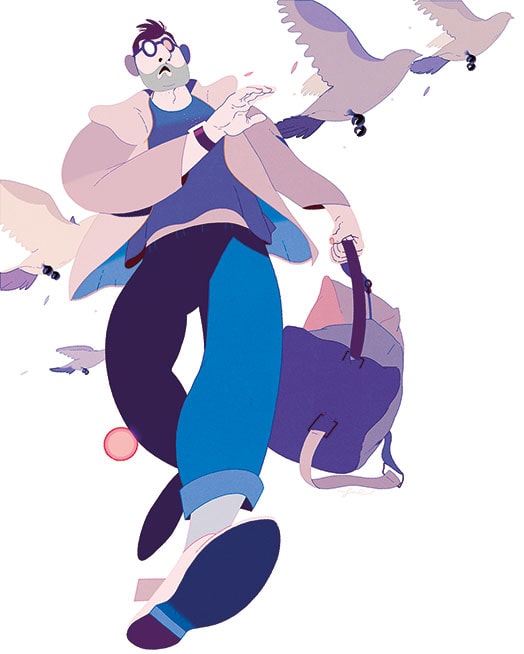LAST CALL | The second to last time
The second to last time
by Guia Soncini
With his first album, released when I was six months old, Tom Waits established the genre he would continue to define over the following decades: short films in song form. In the lyrics of one such track, Waits hopes he doesn’t fall in love with a stranger he sees in a pub. She is plausibly beautiful, or at least we imagine her to be, because Waits neither describes her nor speaks to her. Forty-seven years before the pandemic, Waits was already an expert at going it alone.
The last verse crushes any hope of a fairy-tale ending: the music stops; it's closing time, last call for a final stout. The narrator turns around and she's gone, who knows where, and he's afraid he has in fact fallen in love with her, a sentiment expressed with the kind of annoyance reserved for missed opportunities.
That was 1973, and who knows if Waits had heard Mina eight years earlier: the Mina who, having missed a last chance of her own, swore she didn’t want to ‘demand the things I don't deserve from you’.
In the 21st century, we’ve become less disciplined, more inclined to ask for second chances, more aware that every last call is actually the second-to-last call. Having just about everything on demand has spoiled us. We no longer have to physically be present in front of the television at the precise time a programme airs and we don’t have to find a payphone if we want to call that special someone, hoping that they’re home. Everything is available at all times, we live in Pinocchio's Land of Toys, and you can't expect self-discipline from us pampered puppets.
Whether it's the last stout (we all know the pub is going to serve us after hours, come on), the last resolution to make a change (we'll do better, but not today, maybe next week), the last love, the last lockdown, or the last time we swear that this is the last time, we always know, deep down, that it’s actually the second-to-last time.



